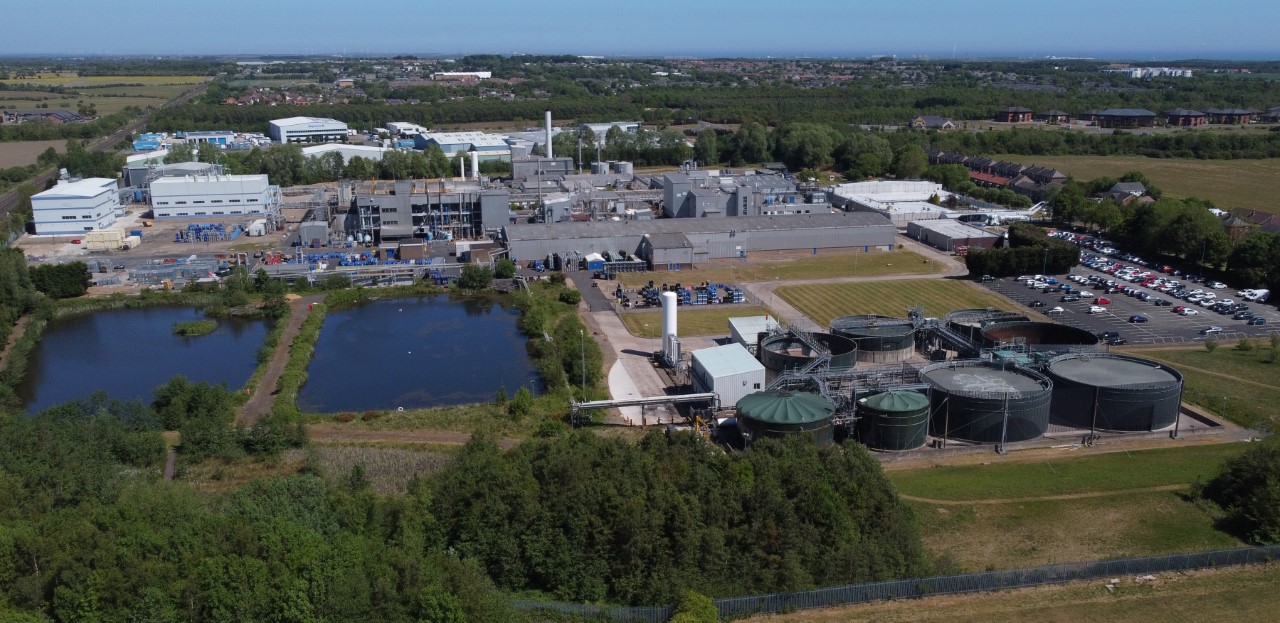
Sterling enters second investment phase
Submitted by:
Andrew Warmington
CDMO Sterling Pharma Solutions has announced what it called the next phase of a multi-year investment strategy at its site in Dudley, UK. It will spend £10 million by mid-2022 on new process development laboratories and commercial-scale manufacturing equipment to meet growth in demand for small molecule API manufacturing.
This will include a 4.5 m3 hydrogenator operating at up to 10 bar of pressure, and additional conical and filter dryers within the existing manufacturing plant. New kilo-scale and technology laboratories will be installed in the Material Science Centre, which was itself built in the previous phase of investment in 2020. These will be equipped to develop commercial-scale processes using biocatalysis and to enhance capabilities at the recently established flow chemistry centre of excellence.
“The next phase of our strategic plan is to increase and enhance our capacity to develop and scale up processes for commercial readiness, and is testament to the continued, strong interest that we are seeing in small molecule development,” said CEO Kevin Cook.
Separately, Sterling has announced an exclusive partnership with the University of Manchester’s Institute of Biotechnology (MIB), to provide chemical scale-up and process development expertise in the manufacture of molnupiravir, a new anti-viral drug for the treatment of COVID-19. With funding from the Bill and Melinda Gates Foundation, MIB developed a new route in which the use of a novel enzyme, cytidine aminotransferase, could reduce the manufacturing cost. The process has been transferred to Dudley to scale up to multi-kilos, using Sterling’s biocatalysis expertise.
Molnupiravir itself was originally developed by Ridgeback Biotherapeutics and Merck Sharp & Dohme. On 4 November, the UK’s Medicines &Healthcare products Regulatory Agency (MHRA) approved it for the treatment of COVID-19. The parties envisage that the cheaper route could enable the drug to be made by generics companies and more widely used in poorer parts of the world.
